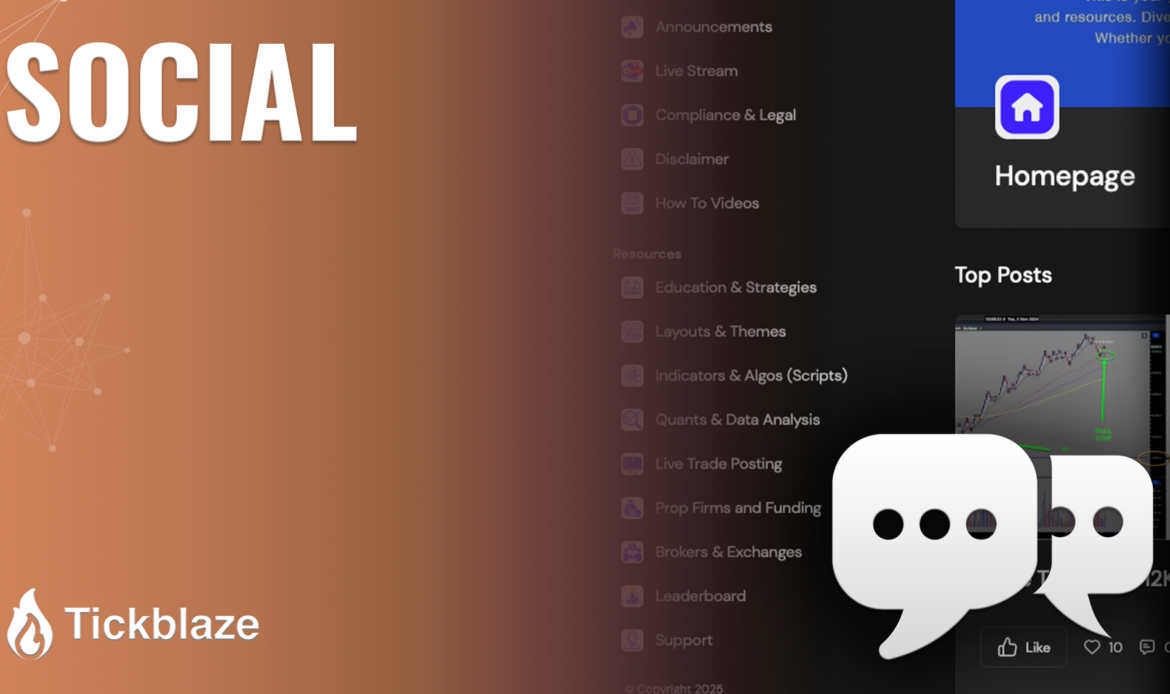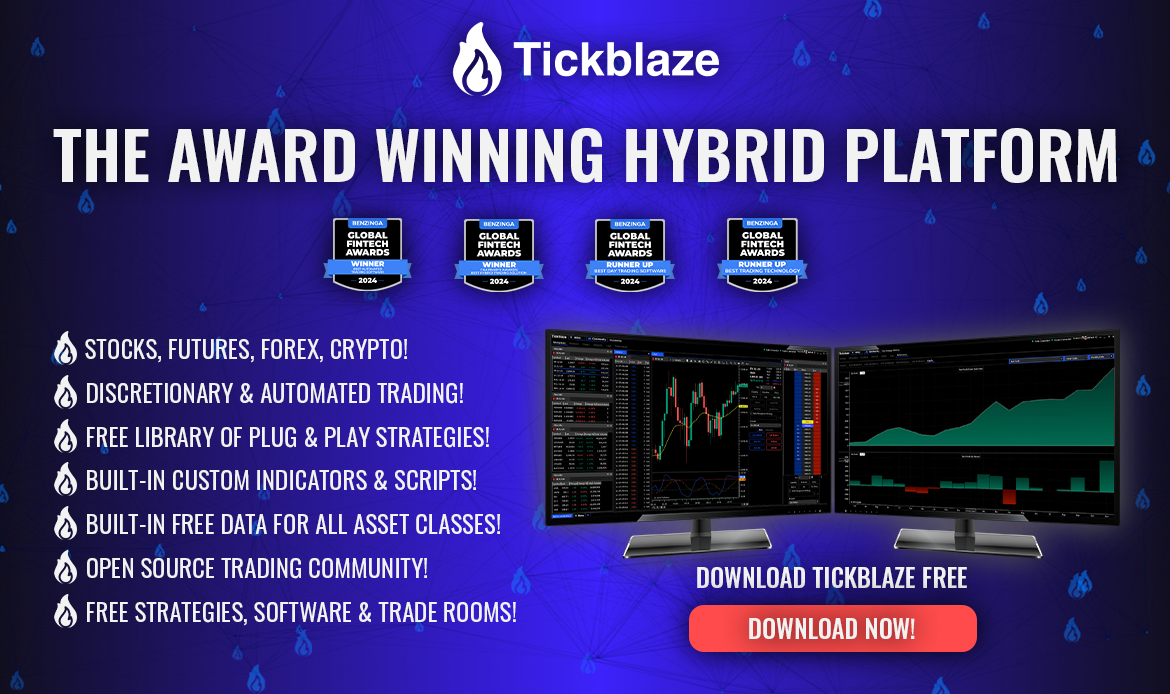Introduction
At the intersection of technology and finance, NeuroStreet has carved out a position for itself as a pioneer in fintech trading platforms and market education for a wide range of players. With more than 50 years of combined experience in trading technology and education, NeuroStreet is a vital resource for institutional organizations, traders, and investors. The CEO of NeuroStreet, Sean Kozak, recently discussed how artificial intelligence is revolutionizing retail trading and provided insights into both its present uses and its future prospects.
Empowering Retail Traders Comes with Challenges
At the heart of NeuroStreet’s mission is to make advanced trading technology more accessible to everyone. In that sense the real-world applications of AI are a game-changer for retail traders. Kozak explains that retail traders are using AI to code algorithmics and quant systems for trading platforms. “This is a huge win as it removed the barrier of having to code themselves and also saving lots of money not paying coders Kozak himself is bullish about the trend: “AI will change the industry over time, and it’s actually very well-received currently.”
Although the use of AI in trading is expanding opportunities, Kozak is skeptical about the effectiveness of some AI-driven tactics. The landscape is diverse, offering traders a wide range of possibilities with differing degrees of success. The real challenge lies in distinguishing between genuinely value-adding strategies and those that are not, highlighting the significance of thorough testing and validation in the context of trading with artificial intelligence.
Risk Management and Market Disruption
Beyond the creation of trading strategies, AI can play a role in risk management and predictive analytics. Kozak claims that AI-driven solutions are transforming the way traders manage risk. “Most of this revolves around complex risk and money management algorithms. portfolio balancing, risk scaling, position sizing, as well as combining technical with fundamental analysis.”
Some believe that AI is affecting market dynamics with volatility and liquidity, Kozak offers a reality check, “It doesn’t, this is just hype.” Market movements are mainly influenced by transactions of substantial size — typically instituted by the biggest players, institutions — not the retail trader’s manipulations, AI-driven or otherwise.
Navigating Regulatory Hurdles
Among the major concerns of integrating AI into retail trading space, of course, are the regulatory environment. Traders and regulators both face the same challenges, given such rapid changes in AI technology. With no rules or regulations in place, it is difficult to predict how AI will be handled going forward. “How can traders and investors expect to understand the laws, then the SEC and the authorities don’t even know it themselves yet,” stated Kozak noting that regulation is behind innovation and technology in the industry.
It’s now evident that AI is certainly going to play a role in the future of retail trading. By breaking down barriers to entry, enhancing decision-making through sophisticated analysis, and challenging traditional market dynamics, AI is leveling the playing field for retail traders. But challenges remain, NeuroStreet has deep roots in trading technology and education that will play a more important role in the new era of AI uses with strategy validation and risk management. With leaders like Kozak steering the course, the journey toward an AI-integrated trading future looks both promising and inevitable.
DISCLAIMER
NeuroStreet (and all corporate and/or subsidiary brands) has no financial interest in the outcome of any trades mentioned herein. There is a substantial risk of loss when trading securities. You are solely responsible for all decisions regarding purchase or sale of securities (futures, forex, stocks, options, crypto), suitability, and your own risk tolerance. Choosing to engage in any of the products or services demonstrated presumes you have fully read and understood the risk involved in trading as set forth herein. There may be tax consequences for short-term profits or losses on trades. Consult your tax professional or advisor for details on these if applicable. Neither NeuroStreet (and all corporate and/or subsidiary brands), nor its principles, contractors or employees are licensed brokers or advisors.
NeuroStreet (and all corporate and/or subsidiary brands) offers services and products for educational purposes only. Market recommendations are not to be construed as investment or trading advice. You acknowledge that you enter into any transactions relying solely on your own judgment. Any market recommendations provided are generic only and may or may not be consistent with the market positions or intentions of NeuroStreet (and all corporate and/or subsidiary brands) or its affiliates. Any opinions, news, research, analysis, prices, or other information contained on our website or by presentation of our material is provided as general market commentary, and do not constitute advisory services.
All testimonials provided are the personal experiences of individual users and are not representative, nor do they constitute any guarantees or expectation of future performance. Results are not typical and have not been verified. All testimonials are to be considered for informational purposes only and should not be construed as investment or trading advice.
CFTC RULE 4.41 – Hypothetical performance results have many inherent limitations, some of which are described below. No representation is being made that any account will or is likely to achieve profits or losses similar to those shown. In fact, there are frequently sharp differences between hypothetical performance results and the actual results subsequently achieved by any particular trading program. One of the limitations of hypothetical performance results is that they are generally prepared with the benefit of hindsight. In addition, hypothetical trading does not involve financial risk, and no hypothetical trading record can completely account for the impact of financial risk in actual trading. For example, the ability to withstand losses or to adhere to a particular trading program in spite of trading losses are material points which can also adversely affect actual trading results. There are numerous other factors related to the markets in general or to the implementation of any specific trading program which cannot be fully accounted for in the preparation of hypothetical performance results and all of which can adversely affect actual trading results.
NOT INVESTMENT OR TRADING ADVICE | INFORMATIONAL AND EDUCATIONAL PURPOSES ONLY
Author Note:
This article was written by an independent communications consultant engaged by NeuroStreet. The author is not a licensed financial advisor or broker and does not provide trading, investment, or financial advice. All information has been prepared using materials provided by the client and is intended solely for educational and informational purposes.



